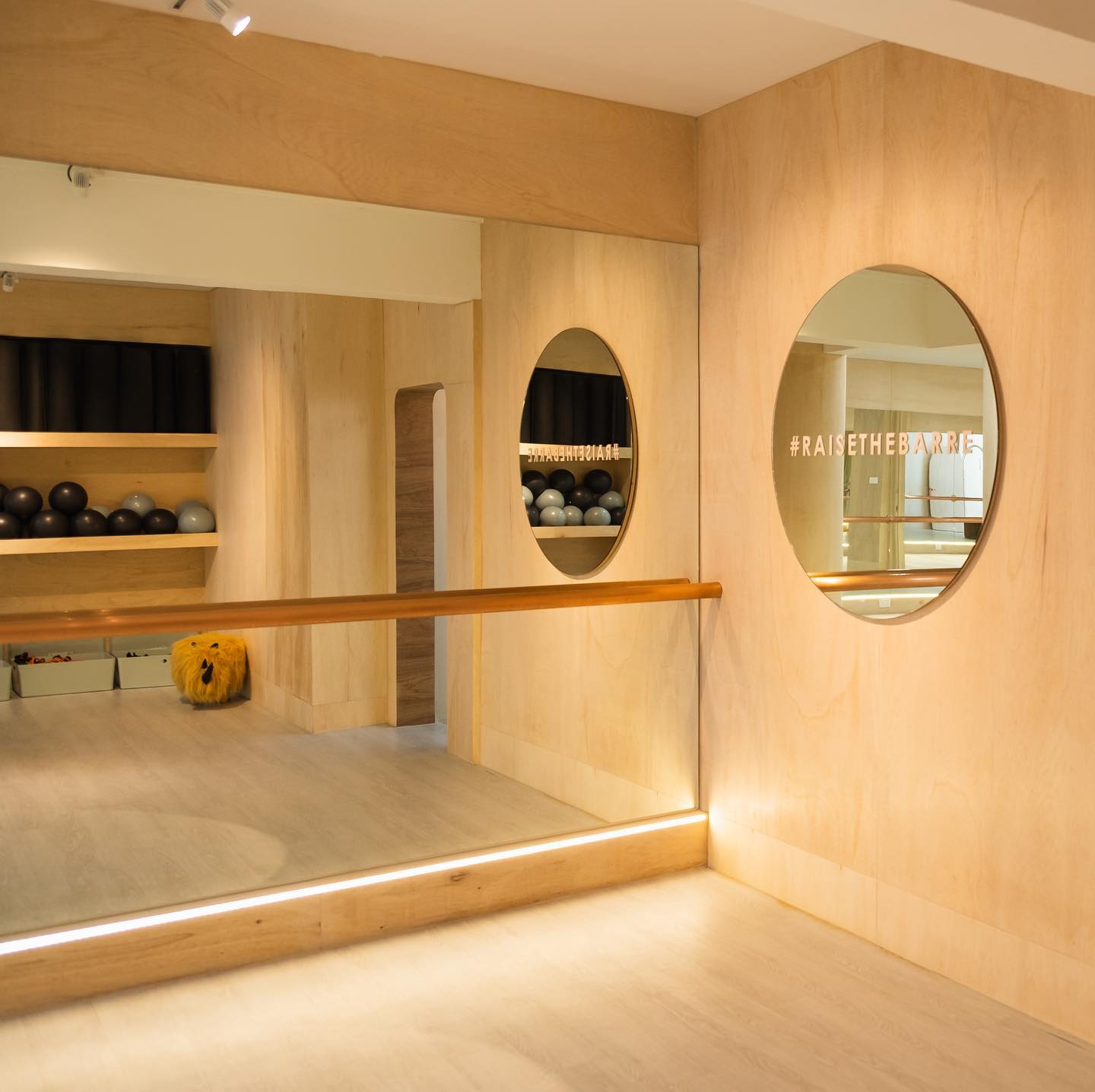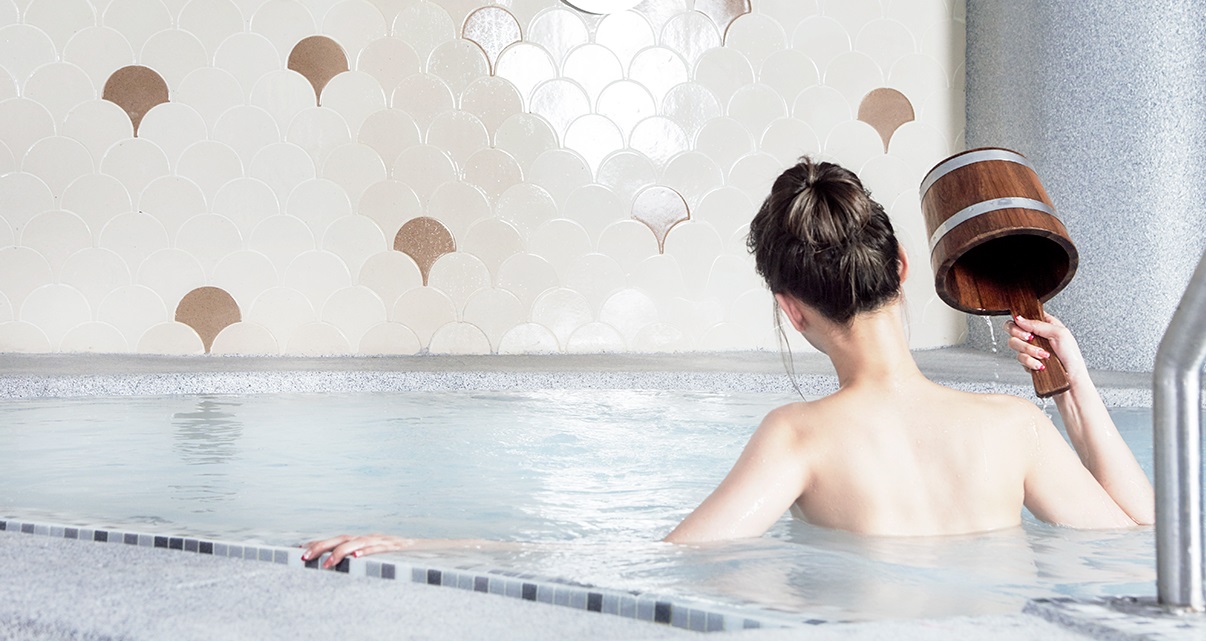Give us nine tips to incorporate more exercise into our day?
- Take the stairs instead of lifts and escalators.
- If you’re driving, park your car further away from your workplace.
- If you take public transport, alight one stop earlier to walk to work.
- Walk a longer route towards your desk every time.
- Brisk walk whenever you can, to the washroom, to the pantry, in between meetings to increase your heart rate and burn more calories.
- Use an exercise ball as a chair. It throws your balance off so that you use your functional muscles even when you’re sitting down.
- Use a standing workstation. Stand and type instead of sitting down all day.
- Place items that you frequently need out of your reach so that you stand up to get them.
- Stand up once every hour, whether to take a short walk around your desk or do a short minute-long stretch.
What makes Flabuless different from other fitness programs out there?
Traditionally, companies have organized fitness classes and health talks, which in my opinion is just the very tip of the iceberg in promoting fitness at the workplace. What Flabuless does is increase the outreach and impact of fitness on employees by tracking their activities through wearable fitness tracking devices or fitness apps, syncing them to our platform and allocating points to each of these activities. By allocating points, employers are able to motivate employees by rewarding them for staying active.
What do you think is the general fitness level of Singaporeans currently?
Singaporeans are more health and image conscious so the general fitness level is relatively high—just take a look at the number of gyms sprouting up. Having said that, we are living in a city of deliciously sinful cuisine and working in concrete offices where most of us sit and work all day long. On weekends, we shop, eat and watch movies rather than playing frisbee or going for a jog. It is so easy for us to make excuses not to exercise regularly.
What health challenges do office workers face?
As office workers are often desk-bound, incorporating exercise into their daily life is a huge challenge. Their tight working schedule forbids them to exercise regularly, and they might even be too tired to exercise at the end of the day. Office workers not only lack exercise, but a good diet. The main challenge is that executives have a lack of healthy and affordable choices around their working area.
Why is fitness in the workplace important?
We need to be fit in order to cope with physical and mental stress. A sedentary employee who is not active and is overweight has a higher risk of suffering from chronic diseases. We need to kickstart programs that will help prevent or lower the chances of that happening. Not only will it affect the company/employer as they need to get someone to cover the work when the employee is out; the employee needs to put up with the stress of medication and treatments. Medical costs will only get higher so prevention is better than a cure.





